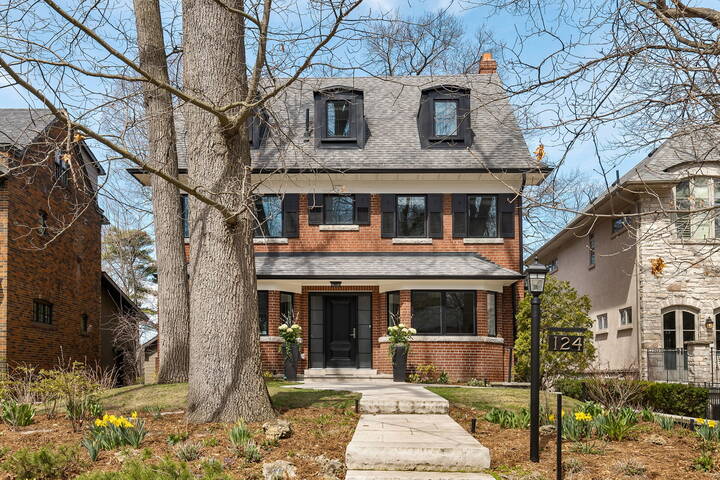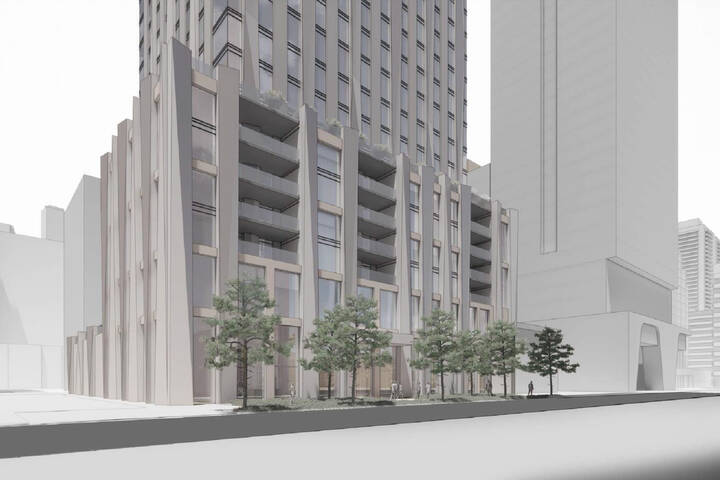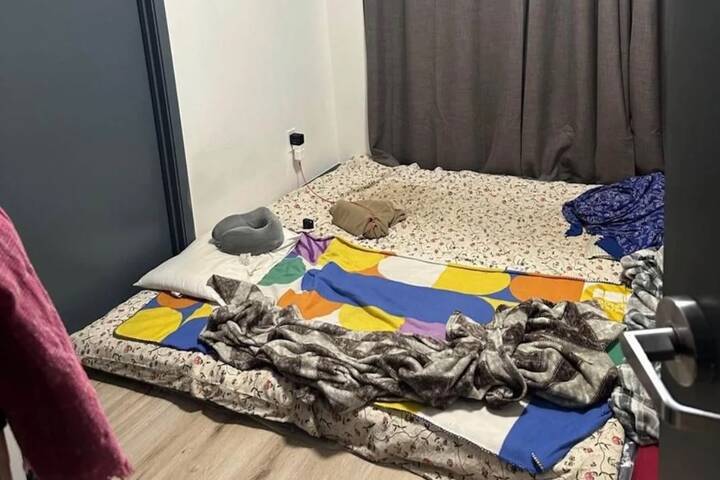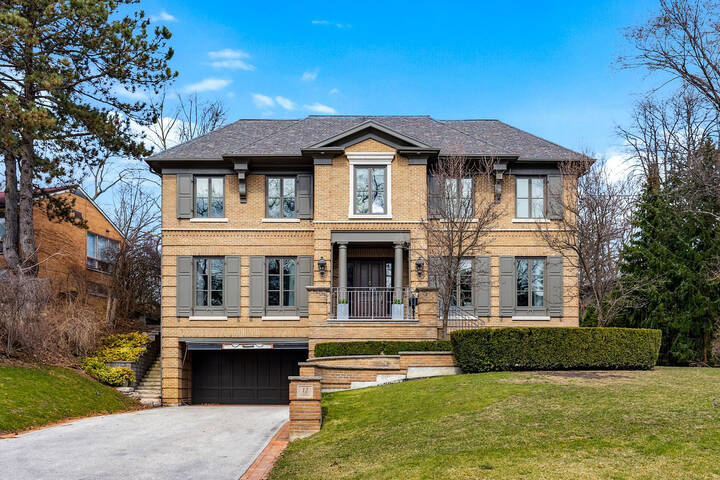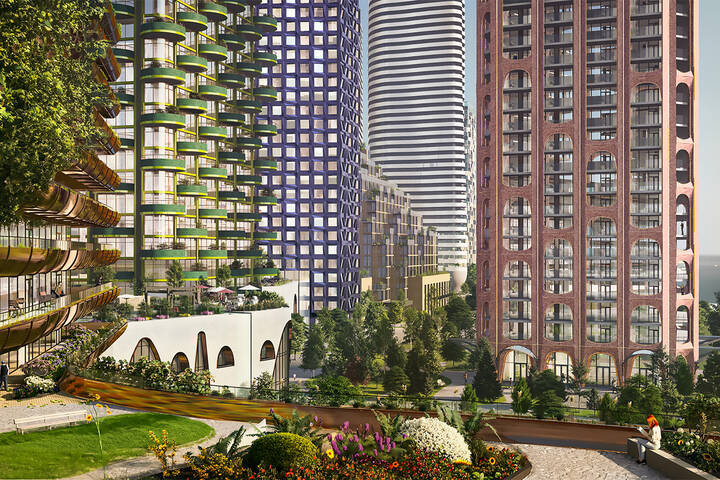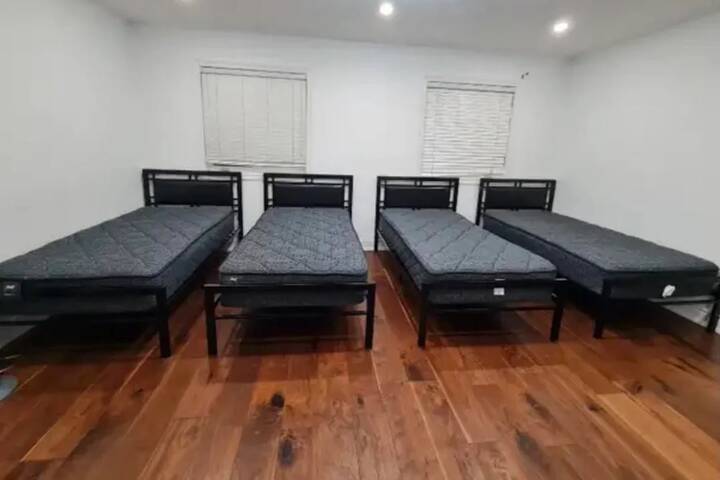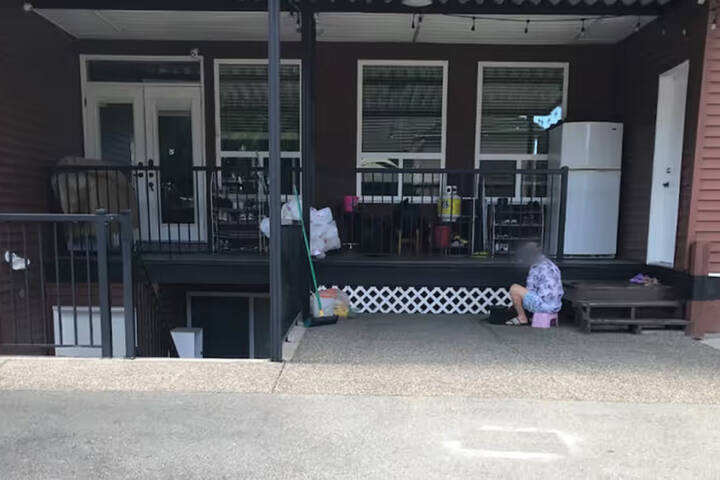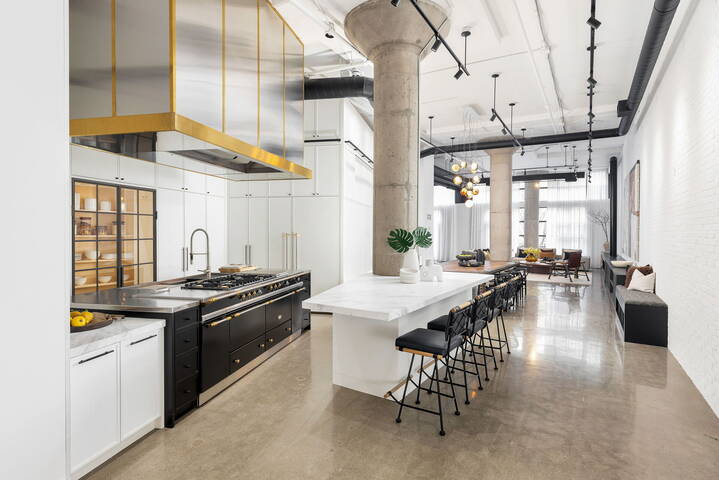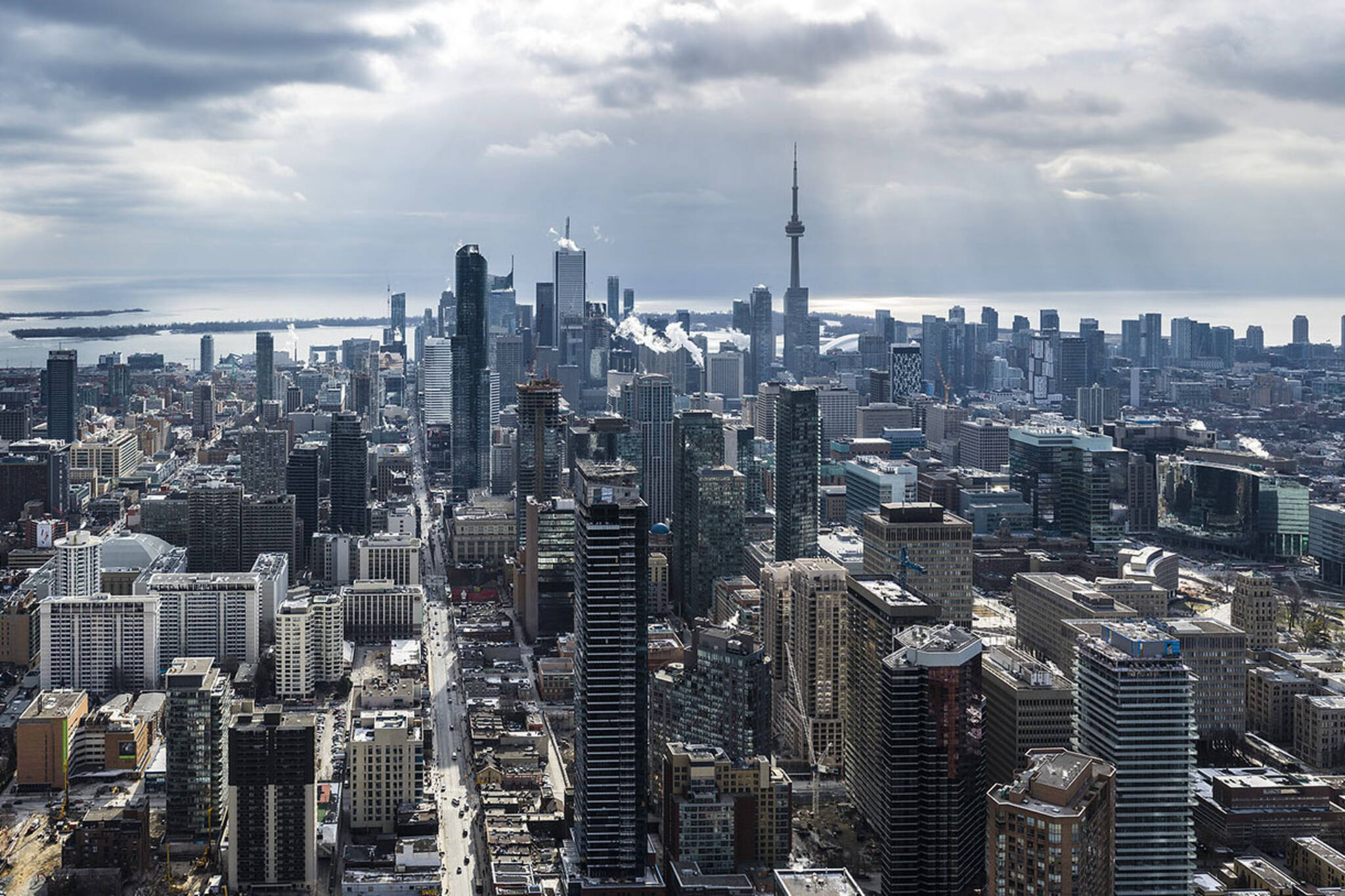
There are almost 10,000 illegal Airbnb listings in Toronto right now
New regulations meant to curb the rise of Airbnb "ghost hotels" and help boost Toronto's historically-low vacancy rate don't appear to be working at all — but only because they're not actually being enforced yet.
Fairbnb, a Toronto-based coalition of industry professionals, property owners and affordable housing advocates, revealed this week in a new report that the number of "non-compliant" Airbnb listings have actually gone up in since the city's new short term rental bylaws went into effect.
By the group's calculations, illegal Airbnb listings increased across Toronto by approximately 17.8 per cent between January of 2019 and January of 2020.
Friends -
— Fairbnb Canada (@Fairbnbcanada) February 20, 2020
Our new report titled "Increasing Toronto's Vacancy Rate one Listing at a Time" is available here:https://t.co/z29H0lEgJg#topoli #onpoli pic.twitter.com/qzztu0mwPC
Roughly 9,708 listings currently violate three of the city's most important (and hard fought for) short term rental regulations: that entire homes not be rented out for more than 180 days per year, that hosts can't rent out more two or more entire homes at the same time and that hosts can't simultaneously rent out more than three private rooms.
Of those nearly 10,000 listings, 7,354 were classified by analysts as ghost hotels — up 13.5 per cent, year over year, from 6,479 in January of 2019.
Described as "entire homes taken from the long-term housing market to be used for tourist accommodations," ghost hotels include individual condo units.
This may help explain why Toronto's condo-dense waterfront communities have one of the highest rates of ghost hotels in Canada.
Thank you @TenantAdvocacy, @TorontoTenants, Councillor @joe_cressy & MPP @ChrisGloverMPP for joining us today to release our new report on #Airbnb's business in #topoli.
— Fairbnb Canada (@Fairbnbcanada) February 20, 2020
Findings? Airbnb's business model NOT compatible with Toronto's rules. 74% of its $$ from ILLEGAL listings! pic.twitter.com/Zc915WlxaY
"If Airbnb played by the rules and its hosts were to follow Toronto's laws, we estimate that more than 7,300 homes could become available for long-term use, nearly 2,500 in the Waterfront area alone," reads the report.
"If even half of these entire home listings were returned to the long-term rental housing market, the city's vacancy rate would increase from 1.3 per cent to 2 per cent, providing sorely needed relief to home-seekers."
Airbnb itself accuses Fairbnb of "manipulating inaccurate data to protect the bottom line of their hotel industry benefactors."
"Fairbnb's report conveniently ignores an important fact: the City of Toronto has not yet implemented its licensing and registration system," said Airbnb spokesperson Alexandra Dagg in a statement.
"We continue to support the city's efforts to reach the Spring 2020 deadline they have outlined for implementation."
@Airbnb's attempts to omit ACTO and FMTA - our housing and tenant work - from the @Fairbnbcanada Coalition is concerning. As a major member of the Coalition, from the start, we see the detrimental impact of short-term rentals on housing availability & affordability in Toronto. https://t.co/bYgOlB6Nsx
— Advocacy for Tenants Ontario (@TenantAdvocacy) February 21, 2020
As it stands now, Fairbnb estimates that non-compliant Airbnb listings generate some two thirds of the company's revenue (roughly $159 million per year) in Toronto.
Quoting Ontario's Local Planning and Appeal Tribunal, which in November ruled against Airbnb's appeal of the new city bylaws, Fairbnb writes in its report:
"One fact is indisputable: each dedicated short-term rental unit displaces one permanent household. That household must find another place to live."
Latest Videos
Latest Videos
Join the conversation Load comments
